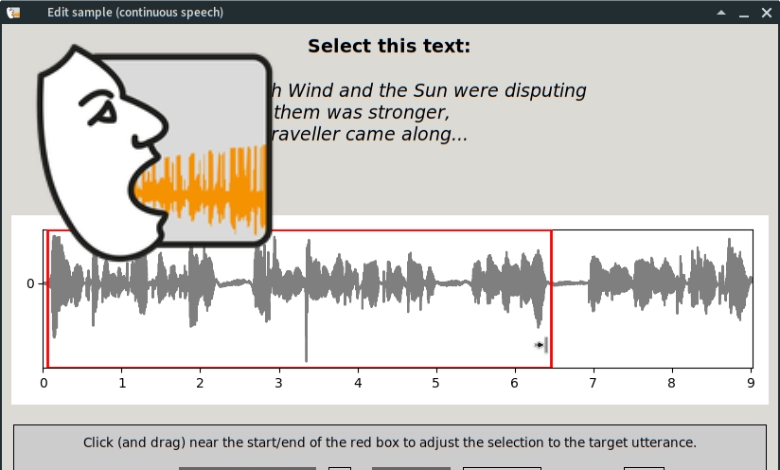Article index
Studio reveals how singing as a tool can improve language production in the elderly "
Speech Production in Healthy Older Adults with or with with amateur singing experience
Pascale Tremblay
, A, B Lydia Gagnon, A, B Johanna-Pascale Roy, C and Alison Airsneaultb a Département de Réadapation, Faculté de Médecine, University Laval, Québec City, Québec, Canada B Cervo Brain Research Center, Québec City, Québec, Canada C Département de Langues, linguistique et translation, faculté des lettres et des sciences humines, university laval, québec city, québec, canada
The power of singing in aging
A recent study published in the magazine "Journal of Speech, Language, and Hearing Research" has explored the fascinating connection between the singing and the articulation of speech in the elderly. The research, conducted by a team led by Dr. Pascale Tremblay, has thrown new light on the potential of singing as a tool to maintain and improve linguistic skills in advanced age.
Methodology and participants
The study, held from 2018 to 2023, involved a total of 78 participants:
- 38 amateur singers (age 20-87 years)
- 40 individuals engaged in non-musical activities (age 23-88 years)
The researchers subjected the participants to a series of tests to evaluate the phonation and the joint, including reading exercises aloud and diadocchinese tasks.
Key results
The analysis revealed interesting discoveries:
- The elderly generally show a slower reading and less articulated precision than young people.
- The elderly singers demonstrate greater articulating precision in demanding conditions, such as the production of complex syllables or speaking quickly.
- Surprisingly, no significant benefits have been found on the quality of the singers' voice.
Future implications and perspectives
These results suggest that the practice of amateur singing can offer tangible benefits for the production of language in the elderly. However, further searches are needed for:
- Identify the entire range of singing benefits
- Determine how individual characteristics affect these effects
- Explore the potential of singing as a preventive tool against the linguistic decline linked to age
The study opens up new prospects for the development of activities aimed at preserving and improving communication in the elderly, underlining the promising role of singing in maintaining linguistic skills during aging.
Log in to the exclusive SIING PLUS material
Or support us
Plus
Newsletter Siing Plus
Facebook private group
Private telegram
Private group WhatsApp
20%
discounts on all products and events organized by
Siing Production and Solos MediaAccess to all articles of the 7 platform planets
Access to all video courses, handouts, tutorials
4 numbers of the online magazine Siing Magazine 2025
Plus
Newsletter Siing Plus
Facebook private group
Private telegram
Private group WhatsApp
20%
discounts on all products and events organized by
Siing Production and Solos MediaAccess to all articles of the 7 platform planets
Access to all video courses, handouts, tutorials
[Divider Style = "Solid" Top = "20 ″ Bottom =" 20 ″]
Read also the article: Amina Alaoui: the maghreb voice that combines tradition and innovation







